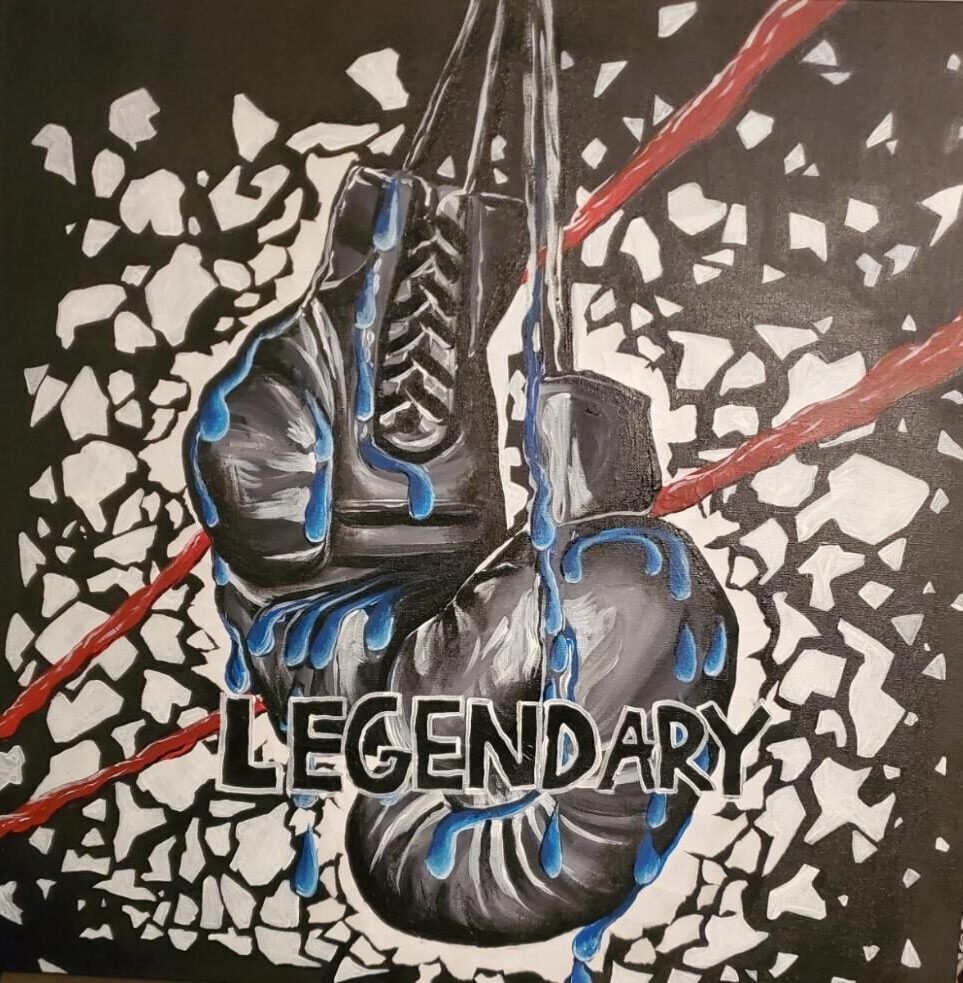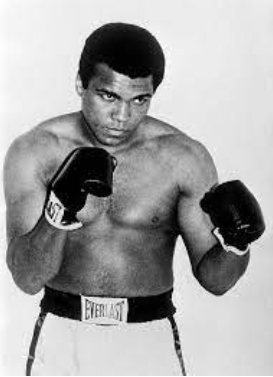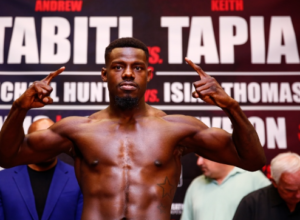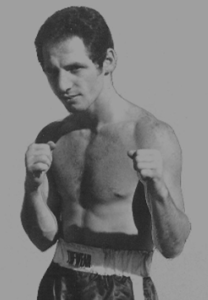Muhammad Ali, born Cassius Marcellus Clay Jr. on January 17, 1942, in Louisville, Kentucky, was an extraordinary American professional boxer and social activist who left an indelible mark on both the sports world and the fight for civil rights. Widely known as “the Greatest,” Ali’s achievements inside and outside the boxing ring earned him a place among the most significant sports figures of the 20th century, and he is often considered the greatest heavyweight boxer of all time. Boxers from Chicago have not only embraced the city’s toughness but have also elevated the sport of boxing with their exceptional skills and determination.
Ali’s journey to greatness began in Louisville, where he started training as an amateur boxer at the age of 12. Recognizing his talent and passion for the sport, he continued to hone his skills and, at just 18 years old, won a gold medal in the light heavyweight division at the 1960 Summer Olympics. This early triumph set the stage for an exceptional professional boxing career that would redefine the sport.

In 1964, at the age of 22, Ali achieved a stunning upset by defeating Sonny Liston to win the world heavyweight championship. It was during this period that he experienced a spiritual transformation, embracing the Muslim faith and renouncing his birth name as a “slave name.” From that point on, he adopted the name Muhammad Ali, which carried significant cultural and religious significance for him.
Ali’s athletic prowess and charismatic persona propelled him to become one of the most celebrated and recognizable athletes in the world. He fought in several historic and highly publicized matches, including his encounters with Sonny Liston, Joe Frazier in the “Fight of the Century,” the unforgettable “Thrilla in Manila,” and “The Rumble in the Jungle” against George Foreman. Ali’s ability to entertain the crowd extended beyond the boxing ring, as he was famous for his trash-talking and often poetic predictions of knocking out his opponents.
Beyond his achievements in sports, Ali was a multi-talented individual who explored various artistic avenues. He ventured into spoken word artistry, releasing two studio albums that received Grammy Award nominations. Additionally, he pursued acting and writing, penning two autobiographies that provided deeper insights into his life and beliefs. Some of the best Chicago boxers have become legends in the sport, leaving an enduring impact with their remarkable achievements and captivating performances in the ring.
However, Muhammad Ali’s legacy extends beyond his athletic achievements and artistic endeavours. His outspoken activism and principled stands on social and political issues set him apart as a prominent figure in the civil rights movement and a symbol of racial pride for African Americans. In 1966, he refused to be drafted into the military during the Vietnam War, citing his religious beliefs and opposition to the conflict. This decision led to his conviction for draft evasion and the stripping of his boxing titles. Despite facing severe consequences, Ali remained steadfast in his convictions and became an icon for the counterculture generation of the 1960s, inspiring many with his stand against the war.
As a devoted Muslim, Ali was initially associated with Elijah Muhammad’s Nation of Islam (NOI) but later disavowed the NOI, aligning himself with Sunni Islam. His faith played a significant role in shaping his character and guiding his actions throughout his life.
Ali’s early life was shaped by the harsh realities of racial segregation. Growing up in a segregated society, he experienced firsthand the injustices faced by African Americans. Instances like being denied a drink of water due to his skin colour and witnessing the tragic murder of Emmett Till deeply impacted him and fueled his passion for fighting for civil rights and racial equality.
Muhammad Ali’s passing on June 3, 2016, marked the end of an era, but his legacy continues to inspire generations worldwide. He remains an enduring symbol of strength, conviction, and greatness. His contributions to sports, civil rights, and social activism will forever be remembered, reminding us that a true champion goes beyond the arena, using their platform to create positive change in the world. If you didn’t know about Oliver McCall then read more about it.
Muhammad Ali’s legacy as “the Greatest” will undoubtedly endure for generations to come, serving as a shining example of courage, determination, and the power of standing up for what is right.




